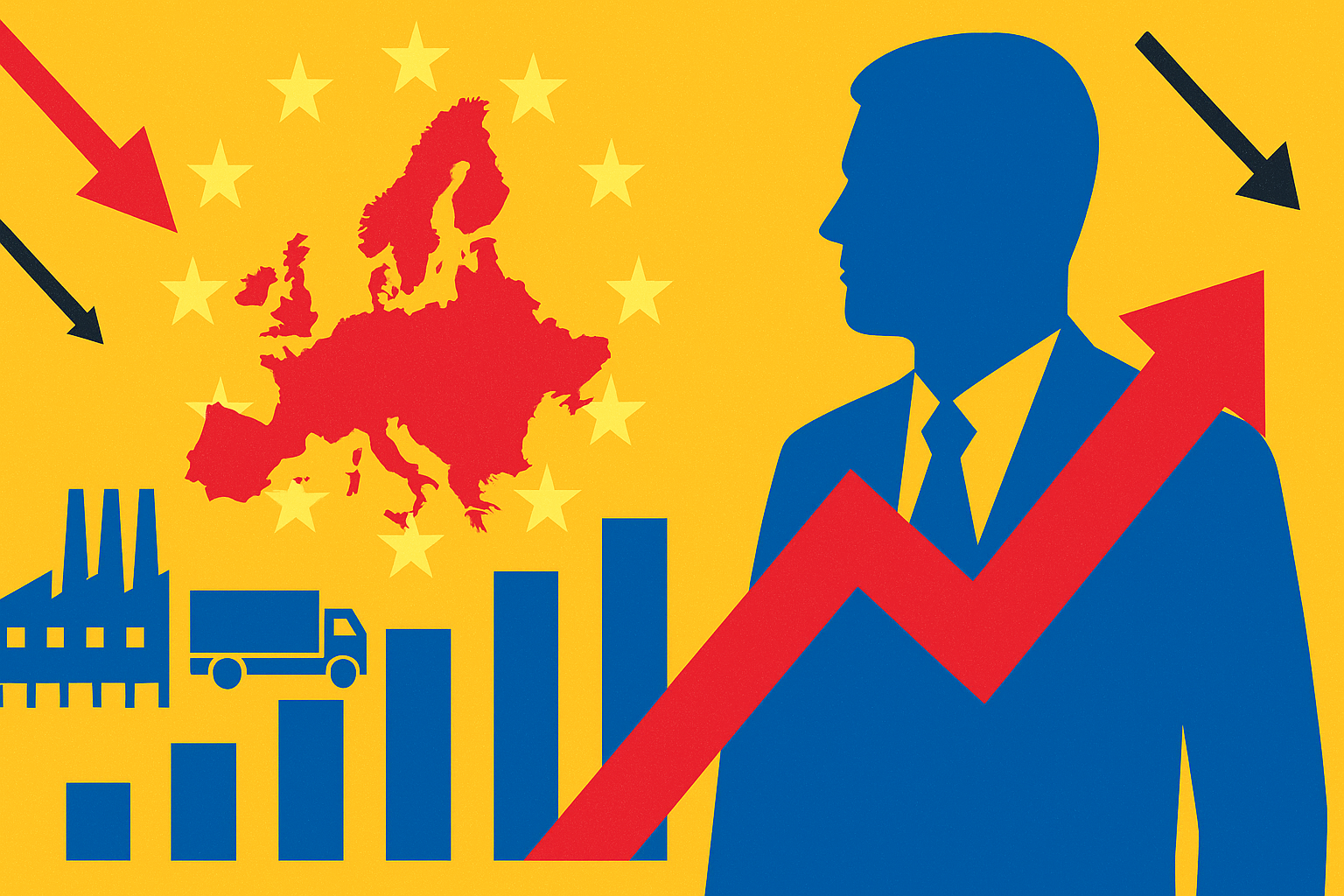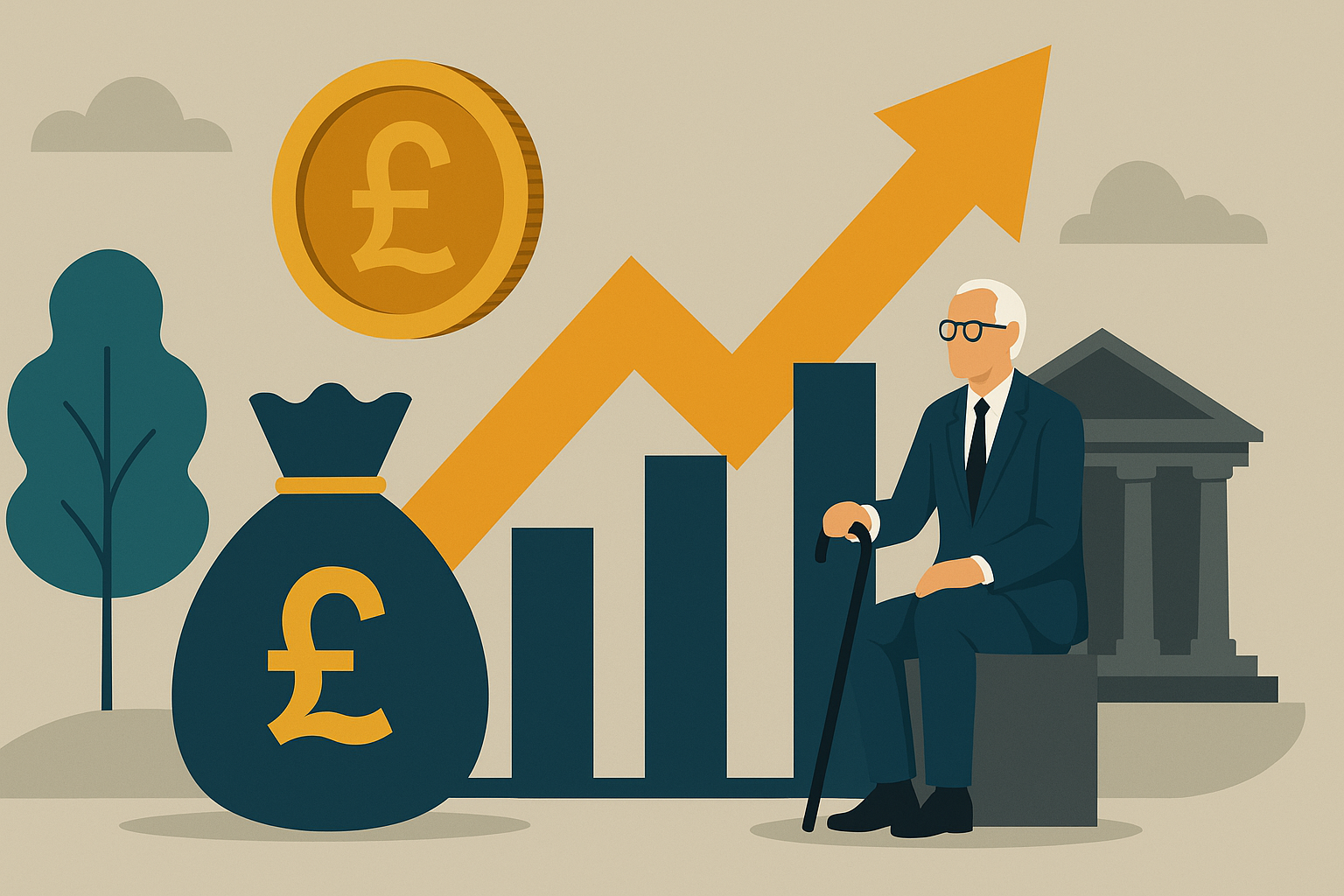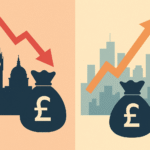Despite facing mounting challenges from U.S. tariffs, softening global demand, and rising energy costs, European businesses have delivered a surprisingly strong earnings season, outperforming gloomy forecasts and demonstrating resilience in the face of economic uncertainty.
Several major European corporations — including Volkswagen, Adidas, Nokia, Mercedes-Benz, and Stellantis — have issued warnings about the adverse effects of the ongoing trade tensions triggered by U.S. President Donald Trump’s tariff policies. Swiss companies, in particular, were caught off guard by the decision to impose tariffs on their exports at more than double the rate applied to EU members and non-EU European countries like Norway.
Pharmaceutical giants are also navigating uncertainty, as threats to their pricing models in the U.S. raise concerns about future revenue streams.
Yet, despite this backdrop of caution and concern, financial analysts say European companies have largely weathered the storm better than expected. Most publicly listed firms have now reported second-quarter 2025 earnings, and the overall picture is more optimistic than many had anticipated when the tariffs were first announced.
Key Observations:
- Earnings resilience: Many companies have maintained or exceeded earnings expectations, suggesting solid underlying performance even amid external pressures.
- Equity markets stable: The Stoxx 600 index, a broad gauge of European shares, remains strong and is trading near levels seen during April’s “liberation day” — a market rally triggered by positive macroeconomic signals.
- Sector-specific impact:
- Automotive: Carmakers and truck manufacturers — heavily reliant on global supply chains — have downgraded profit forecasts due to tariff pressures.
- Luxury goods: Firms like Kering (owner of Gucci) and LVMH have been hit by weakening demand in both the U.S. and China.
- Banking: European banks are a standout sector, with share prices reaching their highest levels since the 2008 global financial crisis. High interest rates have significantly boosted profits, leading to widespread outperformance relative to analysts’ expectations.
- Business leaders respond:
- BMW CEO Oliver Zipse downplayed the impact of tariffs, emphasizing product quality over trade friction.
- A senior European industrialist urged the continent to “back itself” with more investment and a renewed focus on competitiveness, rather than fixating on Washington’s actions.
- Another business leader highlighted the importance of certainty over tariff levels, stating, “Uncertainty is what we hate most of all.”
Strategic Shifts Fuel Optimism
One of the most significant sources of optimism stems from Europe’s evolving fiscal and investment policies. According to Beata Manthey, European equity strategist at Citi, Germany’s pivot away from its traditionally conservative fiscal stance — coupled with large-scale infrastructure spending — is reshaping the economic landscape. Increased defence expenditure across the continent is also driving momentum, with both established players and defence start-ups benefitting from a surge in venture capital and government contracts.
Manthey also noted that Europe may be poised to outperform U.S. markets in some sectors, as bold investment bets in Europe have begun to show returns, even if a larger share of U.S. companies beat expectations.
Looking Ahead
While challenges remain — including high energy costs and ongoing questions about EU competitiveness reforms — the second-quarter earnings season has offered a glimmer of hope. The predicted economic downturn in Europe has yet to fully materialize, and stimulus measures, investment strategies, and sectoral growth are providing a buffer against the most severe impacts of the trade war.
In short, while Europe may not be out of the woods, its businesses have proven more adaptable and durable than many had expected — shifting the narrative from one of decline to cautious optimism.








